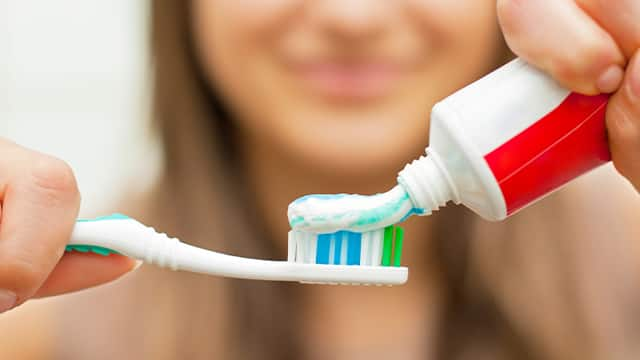Brushing your teeth alone isn’t the only way to maintain your oral health. A great oral care routine goes beyond a quick sweep of the toothbrush. It’s built on three simple but powerful habits: using the right toothpaste, flossing daily, and rinsing with a fluoride mouthwash. Together, they don’t just protect your teeth, they help defend against many health problems1 like gum disease, bad breath, and even more serious conditions linked to oral health, like heart disease, diabetes, and respiratory problems.2
So, how do you build a routine that actually works? Let’s walk through the essentials.






